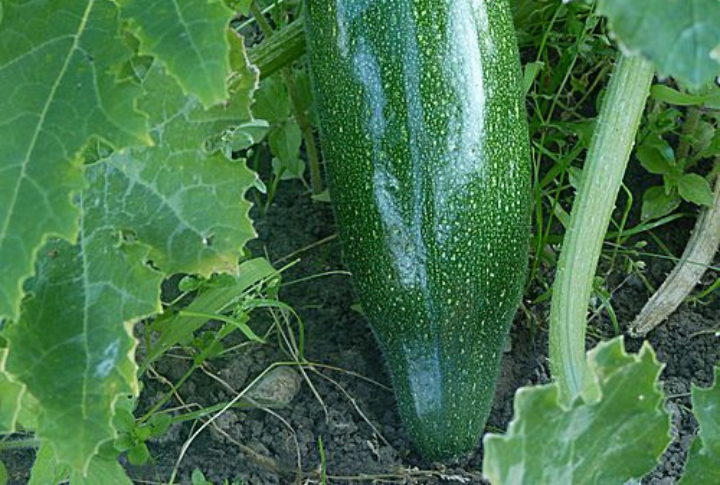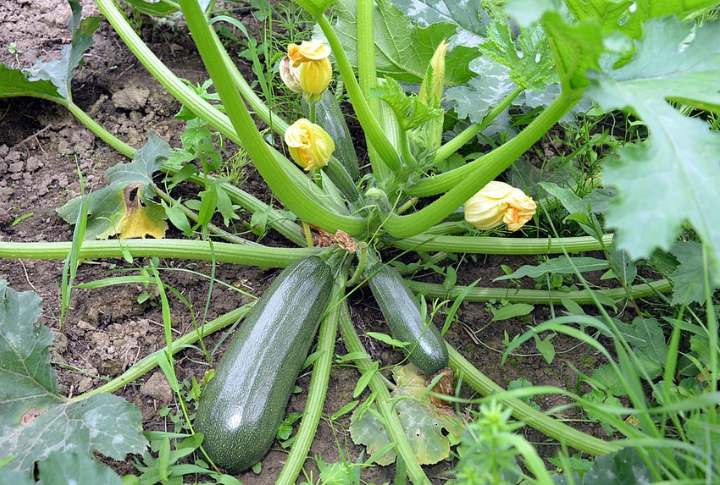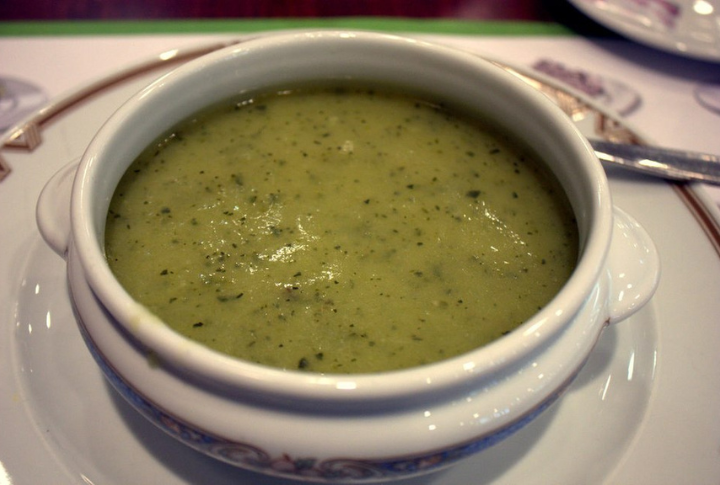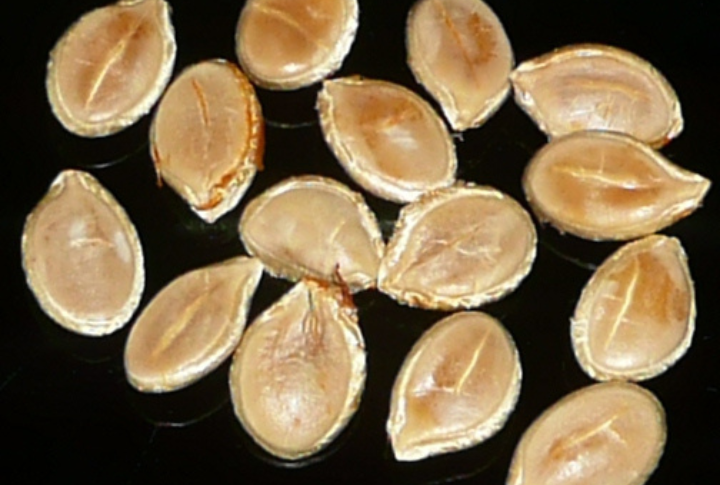
Thinking about homegrown zucchini? You won’t expect danger from something as ordinary as a squash. But nature has its quirks, and one of them can mess with a dinner and a day. To avoid the mistakes others have made, here’s a look at what turns a seemingly safe zucchini into a risky gamble.
Cucurbitacin Is The Culprit

Bitterness in zucchini is not just unpleasant but can also be dangerous. The culprit, cucurbitacin, is a natural toxin. Various natural or human-influenced factors contribute to raising its levels. Take this bitter taste as a warning, and throw that zucchini out immediately.
Misdiagnosis Is Real

Zucchini poisoning may seem like food poisoning or gastroenteritis. This leads to doctors misdiagnosing its rare symptoms like vomiting or fainting. So, mention that you suspect squash to be the case to your doctor—it could save you from a medical mix-up.
Some Cases Can Involve Hair Loss And Shock

One patient lost clumps of hair after eating bitter zucchini. Others have reported vomiting, dehydration, and fainting. Negative reactions to cucurbitacin have been documented in various medical conditions reported in medical journals. Just don’t rule out zucchini from being a possibility.
Serious Cases Of Zucchini Poisoning

A few cases of zucchini poisoning in Europe, including a German man’s fatal stew, highlight cucurbitacin’s potency. Even small doses can cause severe symptoms like vomiting and collapse. Although rare, these examples illustrate why homegrown vegetables require extra care before they reach your plate.
Snacking On Raw Zucchini Is Also Risky

Do you enjoy snacking on crunchy, raw zucchini slices during preparation? Be aware that high levels of cucurbitacin can be present in them. The toxin is tough to destroy. Always test a small piece before taking a bigger bite, especially from garden-grown squash.
Homegrown Hybrids Are Most At Risk

Cross-pollination with wild gourds may result in deceptively bitter fruit. Even if a zucchini looks perfect, it can still contain cucurbitacins if the garden includes ornamental squash. So, keep edible varieties apart from decorative ones to prevent risky hybrids from ending up on the plate.
A Big, Good-Looking Piece Won’t Save You From Nausea

Found an oversized zucchini? It may have higher levels of cucurbitacin due to environmental factors such as drought or heat. So, that giant squash with a perfect look can be risky. Prioritize harvesting young, healthy fruits to reduce the risk of eating toxic zucchini.
Cooking Doesn’t Neutralize The Toxin

Cooking or heating doesn’t eliminate the toxic compounds found in bitter vegetables. A contaminated stew or casserole delivers toxins just as efficiently as raw slices do. So, always sample cooked zucchini from garden batches carefully before using it as a meal ingredient.
Animals Can Suffer From Bitter Zucchini Too

Some animals, like dogs and livestock, are vulnerable to cucurbitacin toxicity. Even small amounts can trigger vomiting or diarrhea. If an animal reacts poorly after a taste, treat it as a warning sign for potential severe contamination. Unfortunately, there is no antidote.
Solution? Buy Seeds From Reliable Sources Only

Seed swaps seem charming until that surprise squash turns toxic. Without proper breeding, a homegrown harvest could be a hazard. Buy from reputable seed suppliers that test for bitterness traits and do not mix seeds from various harvests. Your garden should feed the household, not send it running for antacids and regret.
Leave a comment